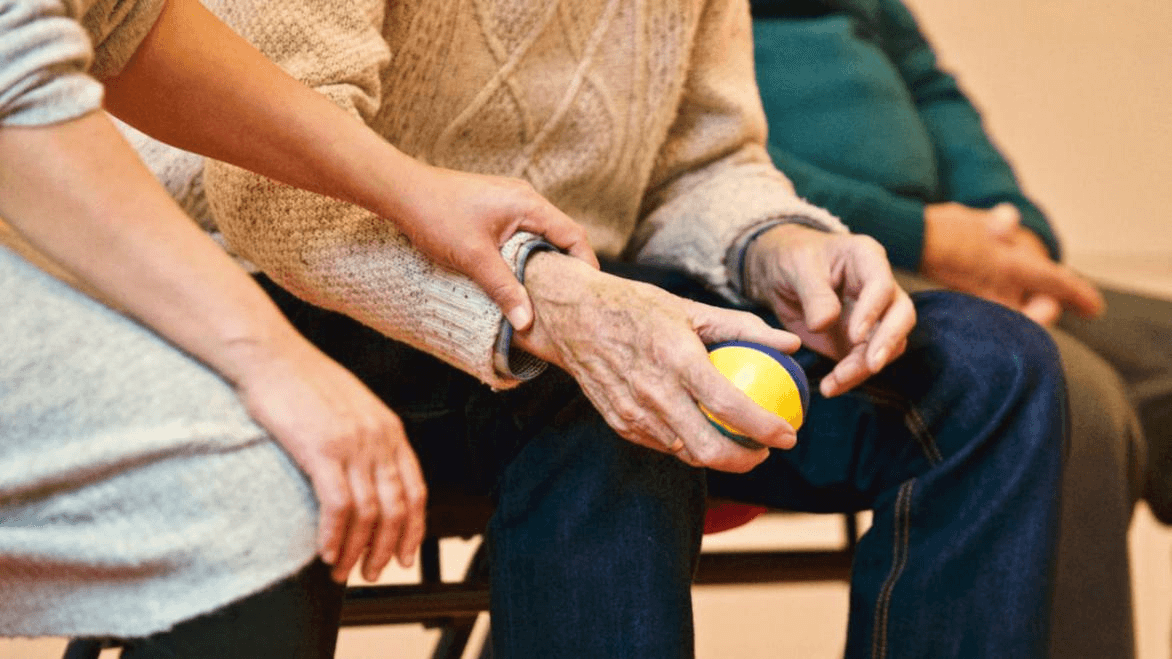The Basics of Parkinson’s Disease: Symptoms and Care

Parkinson's disease is a neurological disorder that affects the mobility of millions of people around the world. While there's currently no cure, there are ways to manage the symptoms and improve quality of life. This blog will provide a basic understanding of Parkinson's disease, its symptoms, and the care options available. We'll also explore how virtual doctor platforms like TelMDCare can be a valuable resource for those seeking information and potentially connecting with a doctor.
Understanding the Progression of Parkinson's Disease:
Parkinson's disease develops when nerve cells in the brain that produce dopamine deteriorate. Dopamine plays a crucial role in movement and coordination. Dopamine levels decline due to the decline in cells, leading to the characteristic symptoms of Parkinson's disease.
The progression of the disease can vary significantly from person to person. Some experience a slow decline in symptoms, while others may face a more rapid progression. There are also periods where symptoms may seem stable.
Recognizing the Symptoms of Parkinson's Disease:
Early signs of Parkinson's disease can be subtle and easily overlooked. Here are some common symptoms to watch out for:
- Tremors: Often a trembling or shaking in the hands, but can also affect the legs, chin, or jaw. Tremors typically occur at rest and lessen with movement.
- Slowness of movement (bradykinesia): Activities like getting dressed, writing, or walking become noticeably slower and require more effort.
- Rigidity: Muscles become stiff and inflexible, limiting your range of motion.
- Loss of balance and coordination: Increased risk of falls due to impaired balance and difficulty initiating movement.
Living with Parkinson's Disease: Care Options Available
Parkinson's disease may be incurable, but there are many treatments that can significantly ease symptoms and enhance quality of life. These include:
Medications:Levodopa, the gold standard medication, helps increase dopamine levels in the brain. Other medications can address specific symptoms like tremors or rigidity.
Surgery:Deep brain stimulation (DBS) is a surgical procedure that uses implanted electrodes to regulate brain activity and improve movement control.
Therapy: Physical, occupational, and speech therapy can help with movement, daily activities, and communication.

The Role of Virtual Doctor Platforms:
If you're experiencing symptoms that might be related to Parkinson's disease, it's crucial to seek medical attention. While TelMDCare cannot diagnose Parkinson's disease, a virtual doctor consultation can be a valuable first step. An online doctor can review your symptoms, provide guidance on the next steps, and potentially recommend an urgent care doctor or in-person specialist visit.
Taking Charge of Your Health with TelMDCare:
Parkinson's disease can be a challenging condition, but there are resources available to help you manage it effectively. We offer a convenient and accessible platform to connect with virtual doctors who can answer your questions, offer initial guidance, and potentially recommend appropriate next steps for diagnosis and care.
Don't hesitate to schedule an online doctor appointment with TelMDCare if you have concerns about Parkinson's disease or any other health condition.